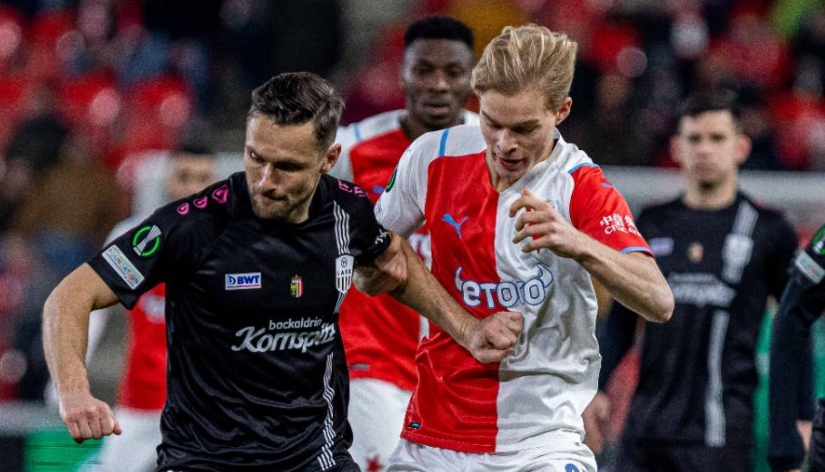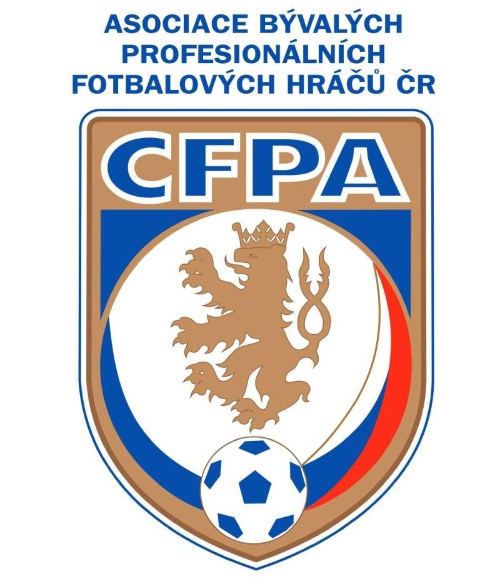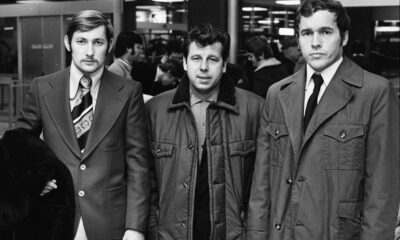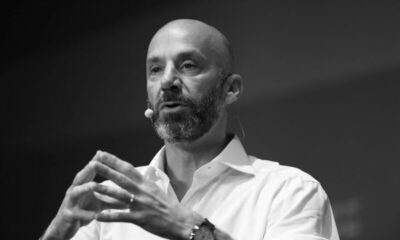Conference league
A window into the past: the Moravian-born František Bufka, the best coach of LASK Linec in the 20th century

Slavia Prague defeated Austrian LASK Linz 4:1 in the first match of the Conference League Eight finals, thus equalling the defeat from the friendly match in 1965 (0:3). František Bufka, a legend of the Linz club who won the 1964/1965 title, was sitting on the bench of the Austrian team. He was also named the club’s coach of the 20th century.
Otto Baric (1972-1974 and 1998-1999), Felix Latzke (1974-1976), Helmut Senekowitch (1991-1993) and Dietmar Constantini (1993) were also among the players. Such famous names, not only in Austrian football, sat on the bench of LASK Linz in the last century.
However, all of them were ousted by the Moravian-born František Bufka. During the celebrations of the 100th anniversary of the club’s foundation (7 August 1989) he was named the best coach of the 20th century.
His merits for the club’s glory are indisputable. In 1964 he took over the Linz team and the very next year he conquered the Austrian Bundesliga with them, the first time since its inception in 1912 that a club that did not come from Vienna polished the championship trophy! And he added a domestic cup triumph to the mix.
The war boy (born 27 August 1917) was even better at hockey than football, working in Frýdek-Místek and later in Ostrava. Soon he started coaching, gaining experience with the youth of Baník Ostrava, and in August 1960 he took over the A-team. Under his hands passed such players as Valošek, Pospíchal, Mokrohajský, Stanczo, Wiecek, Ondračka and others.
In 1964 he went to Austria to LASK Linz and entered the club chronicle in golden letters by conquering a double. But as it happens, worldly glory..
The story of František Bufka and other interesting personalities of Czechoslovak and Czech football can be found in a three-volume publication by Lubomir Kral, which will soon be published by Epocha.
“I knew that he coached in Linz, I read it from chronicles and statistics, but nobody talked about him anymore, nobody asked me about him,” admits František Cipro, who took over as coach in 2001.
Bufka stayed with the team from the capital of Upper Austria until 1968 (he was replaced by Vojtech Skyva, a native of Bratislava), when he moved to the reserves of German VfB Stuttgart.
As he did not have a German coaching licence, he went to study at the University of Sport in Cologne. He didn’t get his diploma in the end, allegedly deprived of it by behind-the-scenes moves of his German colleagues who refused foreign coaches. And so he sat on the bench as an assistant without a certificate, officially the teams were led by home-grown professionals with profiles, but in reality Bufka had the main say.
Later he went to Swiss FC Grenchen (1971/1972) and ended his coaching journey in his beloved Austria with SV Alpine Donawitz (1973-1974), which at that time was not lost in the top competition even in the competition of the strongest clubs.
He was almost unknown on the Czech scene, but in Austria he was a highly respected coach. This was František Bufka.














